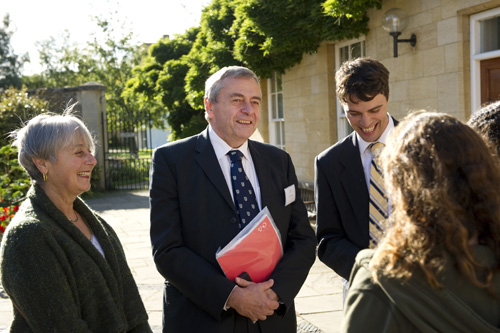
Professor Sir David Watson (MA University of Cambridge, PhD University of Pennsylvania) is Professor of Higher Education and Principal of Green Templeton College, Universidade de Oxford, Inglaterra. Sir David began his career as an intellectual historian. He has contributed widely to developments in UK higher education. He chaired the UK’s Inquiry into the Future for Lifelong Learning, and co-authored its report, Aprendendo com a vida. He was knighted in 1998 for services to higher education. Em 2009, he received the Times Higher Education Lifetime Achievement Award. I had the opportunity to get Sir David’s views on higher education and a life of learning.
What kind of education system will permit a country to have the human skills needed to compete globally?
It seems to me that the key requirement of a modern society is a fluid, accessible and responsive system of tertiary and lifelong learning. Foundations in compulsory education are clearly essential, and universal access to primary education has been correctly identified as a United Nations Millennium goal. No entanto, there is now global recognition that full participation in modern life requires continuing education.
Em 2008-2009, I was privileged to chair a Commission on the Future of Lifelong Learning in the UK. In our report, Aprendendo com a vida, we began from the premise that “the right to learn is a human right, connected with personal growth and emancipation, prosperity, group and community solidarity, as well as global responsibility.” Mais recentemente, the third annual Emerging Markets Symposium at Green Templeton College (em janeiro 2012) identified tertiary education as both a “condition of sustained and equitable economic growth” and a vital element in creating the conditions for a satisfactory and responsible national life.
What are your views about standardized tests and the university admissions process?
I am not an expert on testing in schools. EU am a believer in self-study and benchmarking, from a variety of perspectives, ranging from the needs of individual learners and those who support them (including their families) to the institutions in and through which they study. Sensible, nuanced understanding of how I (and we) are doing is a vital element of any attempt to “manage the future” in personal or institutional terms.
Entrementes, ao redor do mundo, qualifications for university entrance vary in type and demand. We have established in the UK that where and how such qualifications are earned can disguise both achievement and potential. If this is not fully appreciated, a kind of brittle, meritocratic discourse can hinder the role of higher education in assisting social mobility and advancing social justice.
As a consequence, I have real concerns about the “moral panics” that surround university admissions. In the UK we talk about “widening participation” as if it is the same as so-called “fair access,” e vice versa. The two are logically separable phenomena. The first – getting more students qualified and to the starting gate – is a big problem in both developed and developing societies. The second – where they choose to apply, and are admitted – is a comparatively tiny problem. Merging the two can also lead to empirically weak and socially patronizing conclusions. Well-qualified students with disadvantaged backgrounds who choose non-standard routes through the system are often making rational and life-enhancing decisions.
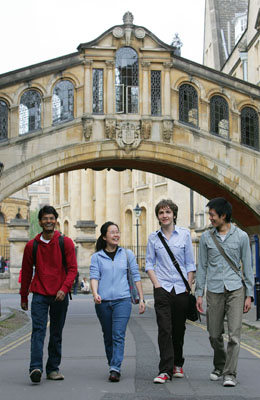
Is there sufficient focus on critical thinking in today’s education system?
What makes higher education special is its facilitation of conversations between more and less experienced learners. A degree of independence and self-confidence is vital. In this context I see a number of encouraging things.
The public discourse is heavily dominated at present by a perception (whether welcomed or deprecated) of student instrumentalism. What counts is “empregabilidade” (even more than “emprego”) and whether or not students are prepared for it. Entrementes, students themselves confound expectation further: by returning to the liberal arts, by returning to volunteering (even while they simultaneously have to work much more frequently for money than their predecessors), and by reviving student-led political activism (all around the world).
What can be done to better address the emotional and intellectual potential of the individual?
I am currently working on a project about “transformation claims” made by and for higher education. I am intrigued by how varied these claims have been over the long history of the higher education enterprise, but also by how strong and determined they invariably are. Essentially my argument is that such claims represent a moving combination of recurrent themes, nearly all present at the creation of the modern university, and liable individually to wax or wane according to mainly (but not exclusively) external influences.
Most of the claims about the purposes and achievements of higher education are irreducibly individualistic: it will change your life, through conversion or confirmation of faith, by improving your character, by giving you marketable “abilities,” by making you a better member of the community, or simply “capaz” of operating more effectively in the contemporary world. All of these qualities scale up, claro, but in differing ways.
Em primeiro lugar, the historical perspective is important. Almost all higher education institutions were founded, and invested in by particular communities and their representatives to serve social purposes. Success in higher education has, of course always represented a private good and normally a “positional” advantage. No entanto, it has also always incorporated and resonated with the concept of “public good.”
Em segundo lugar, a trap to avoid is that of cultural specificity. In the course of a recent global investigation, set out in our book The Engaged University, my colleagues and I found strong evidence of universities in the South and East doing more with less than those in the relatively privileged North and West (Routledge, 2011). I perceive a stronger sense of societal pull (over institutional push) in terms of the universities in that part of the world. Too often European (including British) and North American universities can rest on their laurels, and think that they can achieve their goals just by “being there.”
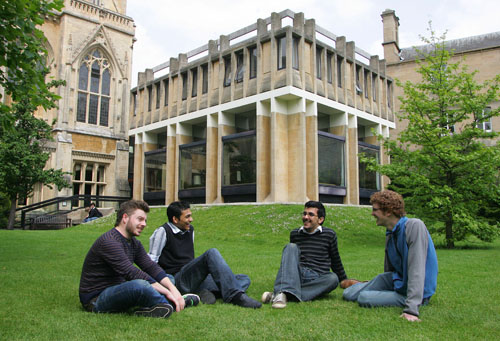
From a broader perspective does your country’s definition of educational excellence take into account the quality of life of individuals and of society?
The evidence is strong from the UK that those members of society who have had a positive experience of post-compulsory education live healthier, happier and more democratically tolerant lives.
Acima de tudo, as we argued in Aprendendo com a vida, a successful learning life-course improves your chances of taking control of your destiny.
What needs to be done to increase students’ knowledge and understanding of other countries and cultures?
Nearly all university campuses are now “global.” Probably most important is the fact that the university campuses in the UK (and I suspect in some other countries) are ahead of the wider community in demonstrating ethnic, cultural and national diversity. In the UK at present, a majority of Higher Education Institutions now has students from over one hundred countries and several have a majority who are bi-lingual. Paul Ramsden, former head of the Higher Education Academy in the UK, has spoken about “intercultural fluency” como um “central goal of every higher education curriculum.” Universities taking up this challenge will often find that they are following – not leading – their student bodies.
Does higher education (in Martha Nussbaum’s ringing phrase) “cultivate humanity”? The simple answer has to be that it can; that it doesn’t necessarily do; and that there are other honorable ways of achieving the same end. Isto é, contudo, Acredito, generally good at this important job.
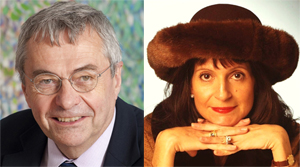
Photos courtesy of PA Photocall and Green Templeton College, Universidade de Oxford.
Na busca Global para a Educação, se juntar a mim e líderes de renome mundial, incluindo Sir Michael Barber (Reino Unido), Dr. Michael Bloco (US), Dr. Leon Botstein (US), Dr. Linda, Darling-Hammond (US), Dr. Madhav Chavan (Índia), Professor Michael Fullan (Canadá), Professor Howard Gardner (US), Professor Yvonne Hellman (Holanda), Professor Kristin Helstad (Noruega), Jean Hendrickson (US), Professor Rose Hipkins (Nova Zelândia), Professor Cornelia Hoogland (Canadá), Senhora. Chantal Kaufmann (Bélgica), Professor Dominique Lafontaine (Bélgica), Professor Hugh Lauder (Reino Unido), Professor Ben Levin (Canadá), Professor Barry McGaw (Austrália), Professor R. Natarajan (Índia), Dr. Denise Papa (US), Sridhar Rajagopalan (Índia), Dr. Diane Ravitch (US), Sir Ken Robinson (Reino Unido), Professor Pasi Sahlberg (Finlândia), Andreas Schleicher (PISA, OCDE), Dr. Anthony Seldon (Reino Unido), Dr. David Shaffer (US), Dr. Kirsten Immersive Are (Noruega), Chanceler Stephen Spahn (US), Yves Theze (Francês Lycee EUA), Professor Charles Ungerleider (Canadá), Professor Tony Wagner (US), Professor Dylan Wiliam (Reino Unido), Dr. Mark Wormald (Reino Unido), Professor Theo Wubbels (Holanda), Professor Michael Young (Reino Unido), e Professor Minxuan Zhang (China) como eles exploram as grandes questões da educação imagem que todas as nações enfrentam hoje. A Pesquisa Global para Educação Comunitária Página
C. M. Rubin é o autor de duas séries on-line lido pelo qual ela recebeu uma 2011 Upton Sinclair prêmio, “A Pesquisa Global para a Educação” e “Como vamos Leia?” Ela também é autora de três livros mais vendidos, Incluindo The Real Alice no País das Maravilhas.
Siga C. M. Rubin no Twitter: www.twitter.com/@cmrubinworld


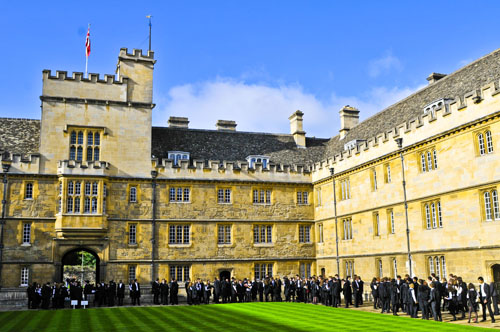
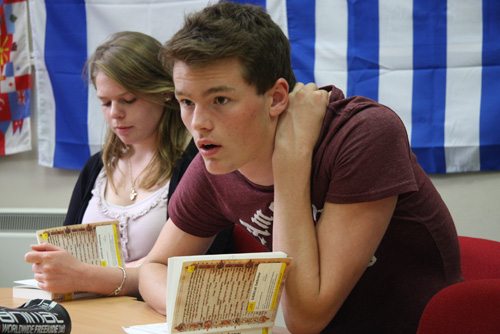
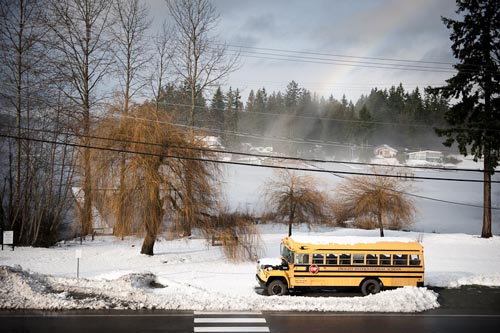
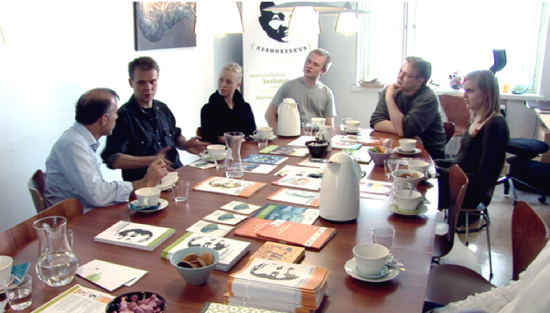
Comentários Recentes